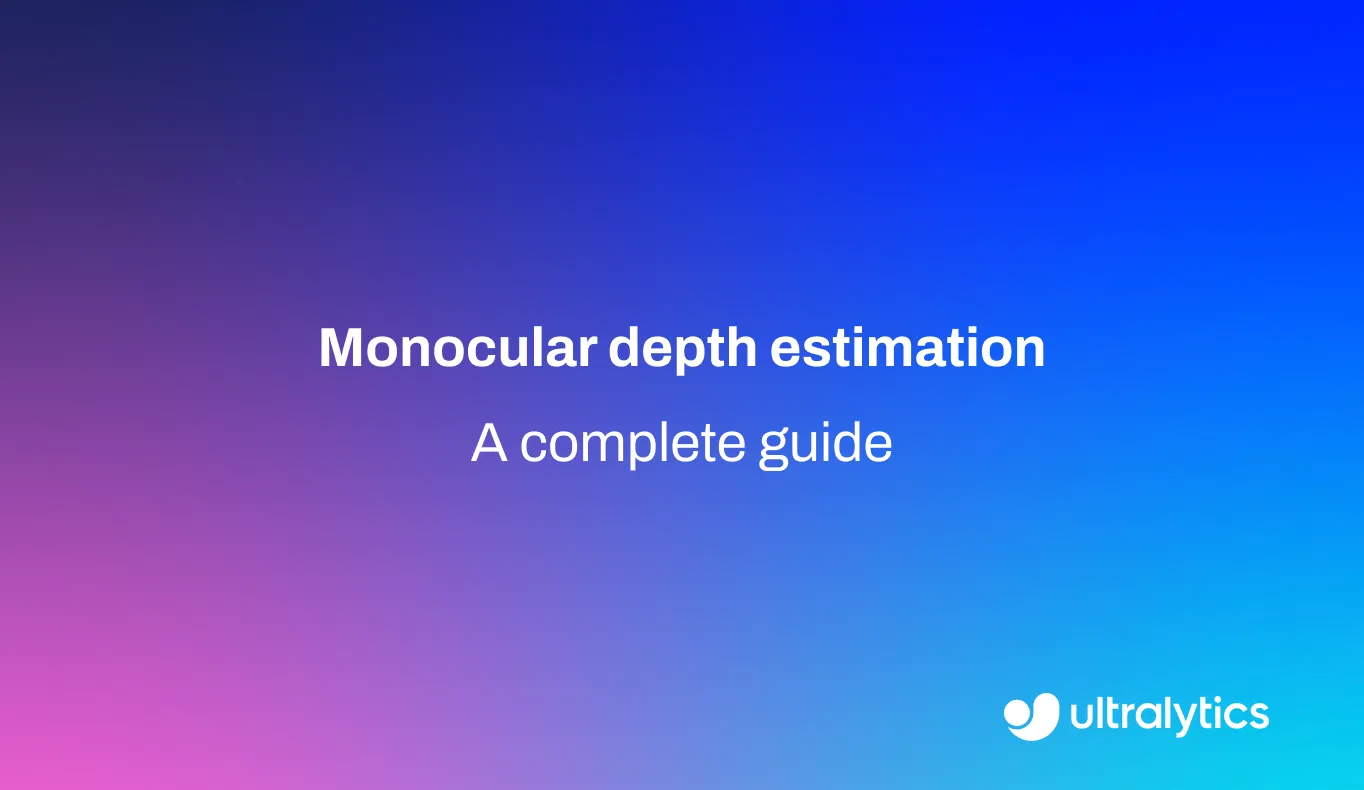Fairness in AI
Explore fairness in AI with Ultralytics. Learn how to mitigate bias, ensure equitable outcomes, and implement ethical object detection using Ultralytics YOLO26.
Fairness in AI refers to the framework and set of techniques used to ensure that
Artificial Intelligence (AI) systems
operate equitably, without prejudice or discrimination toward any individual or group. As automated decision-making
becomes increasingly integrated into critical sectors, the primary goal of fairness is to prevent models from
producing skewed outcomes based on sensitive attributes such as race, gender, age, or socioeconomic status. This
concept is a central pillar of responsible AI development, often mandated by emerging regulations like the
EU AI Act to protect
fundamental human rights.
Distinguishing Fairness from Related Concepts
While often used interchangeably in casual conversation, Fairness in AI has a distinct definition within the technical
landscape compared to related terms.
-
Bias in AI: This represents the systematic error or prejudice in a model's output. Bias is the problem to be solved, often
stemming from unrepresentative Training Data,
whereas fairness is the objective and the methodology applied to mitigate that bias.
-
AI Ethics: This is the overarching philosophical domain governing the moral implications of technology. Fairness is a
specific, measurable component of ethics, sitting alongside other principles like
Data Privacy and accountability.
-
Algorithmic Bias: This refers specifically to unfairness introduced by the mathematical optimization of the algorithm itself.
Fairness initiatives use specialized
Optimization Algorithms to correct these
mathematical tendencies.
Real-World Applications and Examples
The implementation of fairness is critical in "high-stakes" environments where algorithmic decisions have
tangible impacts on human opportunities and well-being.
-
Equitable Healthcare Diagnostics: In the field of
AI in Healthcare, computer vision models assist
in diagnosing conditions like skin cancer. A fair model must maintain consistent
Accuracy across diverse skin tones. If a model is
trained solely on lighter skin, it exhibits
Dataset Bias, potentially leading to misdiagnosis
for patients with darker complexions. Researchers use
Medical Image Analysis benchmarks to audit
and correct these disparities.
-
Unbiased Hiring and Recruitment: Many companies utilize
Predictive Modeling to screen resumes.
Without fairness constraints, a model might learn historical prejudices—such as penalizing gaps in employment or
specific educational backgrounds associated with certain demographics. Tools like
Fairlearn allow developers to assess performance disparities across different
groups to ensure the system evaluates skills rather than demographic proxies.
Strategies for Achieving Fairness
Creating fair AI systems requires a proactive approach throughout the entire
Machine Learning (ML) lifecycle, from data
collection to deployment.
-
Diverse Data Collection: The most effective way to ensure fairness is to curate inclusive datasets.
Rigorous
Data Collection and Annotation
protocols prevent the model from learning a skewed view of reality. Tools on the
Ultralytics Platform help teams visualize class distributions to
identify underrepresented groups early in the process.
-
Algorithmic Mitigation: Techniques such as
Data Augmentation can be used to artificially
balance datasets. For example, changing lighting conditions or backgrounds in an image dataset can help a model
generalize better across different environments.
-
Granular Evaluation: Relying on a single global metric can hide discrimination. Teams should use
detailed Model Evaluation to measure
Precision and
Recall for specific subgroups.
-
Transparency and Explainability: Employing
Explainable AI (XAI) techniques allows
stakeholders to understand why a decision was made. This "glass box" approach, advocated by
organizations like the
NIST AI Risk Management Framework, makes it
easier to spot and correct discriminatory logic.
Technical Implementation
Ensuring fairness often involves testing models on diverse inputs to verify they perform consistently. Below is a
simple example using the Ultralytics YOLO26 model. In a
real-world fairness audit, developers would run this inference loop over a curated "fairness test set"—a
collection of images specifically chosen to represent diverse scenarios and demographics—to ensure the
Object Detection works equally well for all cases.
from ultralytics import YOLO
# Load the YOLO26 model (latest state-of-the-art model)
model = YOLO("yolo26n.pt")
# List of images representing diverse scenarios for fairness testing
# These would be images specifically currated to test underrepresented groups
test_images = ["diverse_group_1.jpg", "low_light_scenario.jpg", "unusual_angle.jpg"]
# Run inference to check if detection consistency holds across different inputs
results = model(test_images)
# Analyze results to ensure high confidence detections across all samples
for result in results:
result.show() # Visualize detection to manually inspect for bias
By prioritizing fairness, organizations not only comply with legal standards like the
GDPR but also build systems that are more robust, reliable, and trustworthy for the
global population. This aligns with the broader goals of
AI Safety, ensuring that powerful technologies benefit
society as a whole.










.webp)